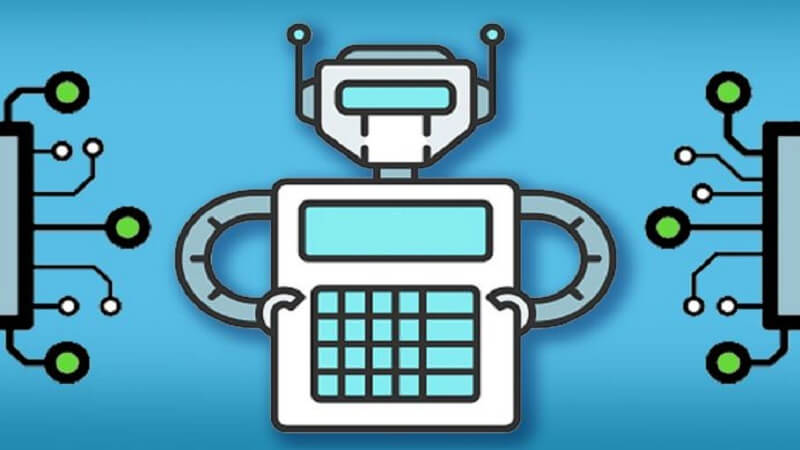The Revenue Cycle for Healthcare offers an array of procedures, each with its nuances. Inaccurate billing codes, complicated coding, claim denials, and reimbursement delays can lead to delays. These issues affect a company’s financial health, influence patient care, and cause delays and discontent throughout healthcare.
Artificial intelligence (AI) has a great chance of influencing healthcare’s revenue cycle, and companies note it. Recent research has revealed that over 60% of healthcare companies contemplate using generative AI to manage revenue cycle (RCM) processes.
AI models can be tuned to decrease friction throughout the revenue cycle and improve the accuracy of forecasting outcomes. AI can help automate routine tasks for staff and patients, increasing accuracy and conformity.
Enhancing revenue streams for healthcare by using AI
Fortunately, artificial intelligence can help in these areas through:
Maximizing revenue using predictive analytics AI algorithms analyzes previous data to anticipate and avoid obstacles to efficient and complete revenue collection. This method of proactive planning aids strategizing and planning resource allocation and ensures optimal financial results.
Automating administrative tasks using AI software streamlines billing and coding procedures, drastically reducing manual work and errors. Automation can speed up the revenue cycle and eliminate the chance of discrepancies.
Engaging patients through AI-driven communication Through the use of AI-powered technology, healthcare institutions can offer patients clear payment information and encourage their compliance. This not only increases confidence but also helps reduce payment delays.
Improved accuracy of claims processing. AI’s analytics capabilities aid in reducing errors during claim processing, which can reduce denials and rework. This accuracy ensures more efficient cash flow and faster reimbursements.
An exciting future for AI in RCM for healthcare
The revenue cycle for healthcare, which includes the whole duration of a patient’s account, from scheduling appointments to paying, is a crucial procedure for every organization. Artificial intelligence and generative AI will revolutionize healthcare’s medical processes and those related to managing revenue cycles.
Modern AI developments have the potential to solve long-standing issues and optimize RCM processes—provided that they are used with prudence and account for the limitations currently imposed by this type of technology.
The presence of certain elements will help in the process of AI change. This includes:
Using normalized, aggregated information to construct and create models
Creating diverse models representing many different perspectives and locations will prevent the model from being overfitted only to a few scenarios.
By establishing a strong correlation between inputs and outputs during the revenue cycle, transactions are mapped to results to identify the most successful patterns.
Integrating AI seamlessly into RCM activities to incorporate insight directly into workflows and streamline procedures is easy.
Ensure that you comply with HIPAA and other privacy or security policies.
Creating and implementing AI models requires specialized information processing capabilities, vast power, and specific tools. This can be intimidating for businesses trying to do it themselves. A reliable end-to-end RCM company with extensive experience incorporating AI in the revenue cycle can make the change smooth.
Bottom line.
AI’s integration into the healthcare revenue cycle allows it to automate processes, improve precision, offer predictive insight, and help patients engage. Investigating and strategically implementing AI technology can alter the healthcare financial environment institutions, opening the path to improved effectiveness, precision, and, most importantly, patient outcomes.
